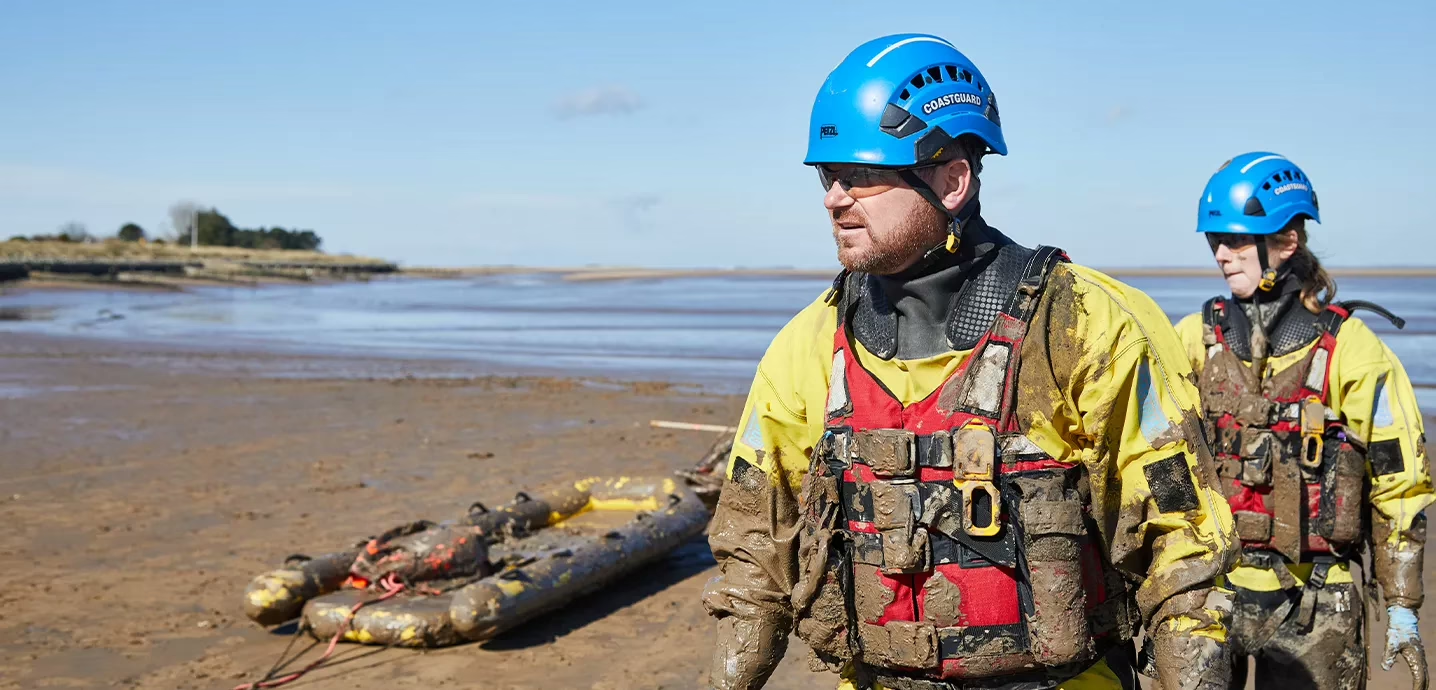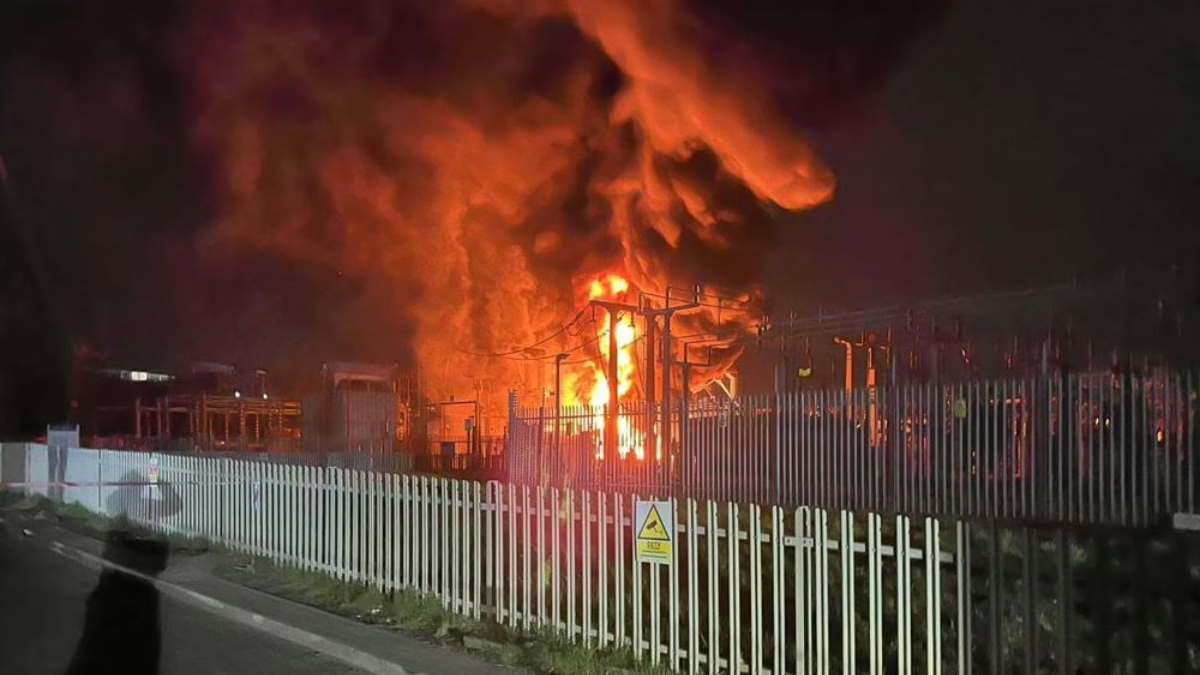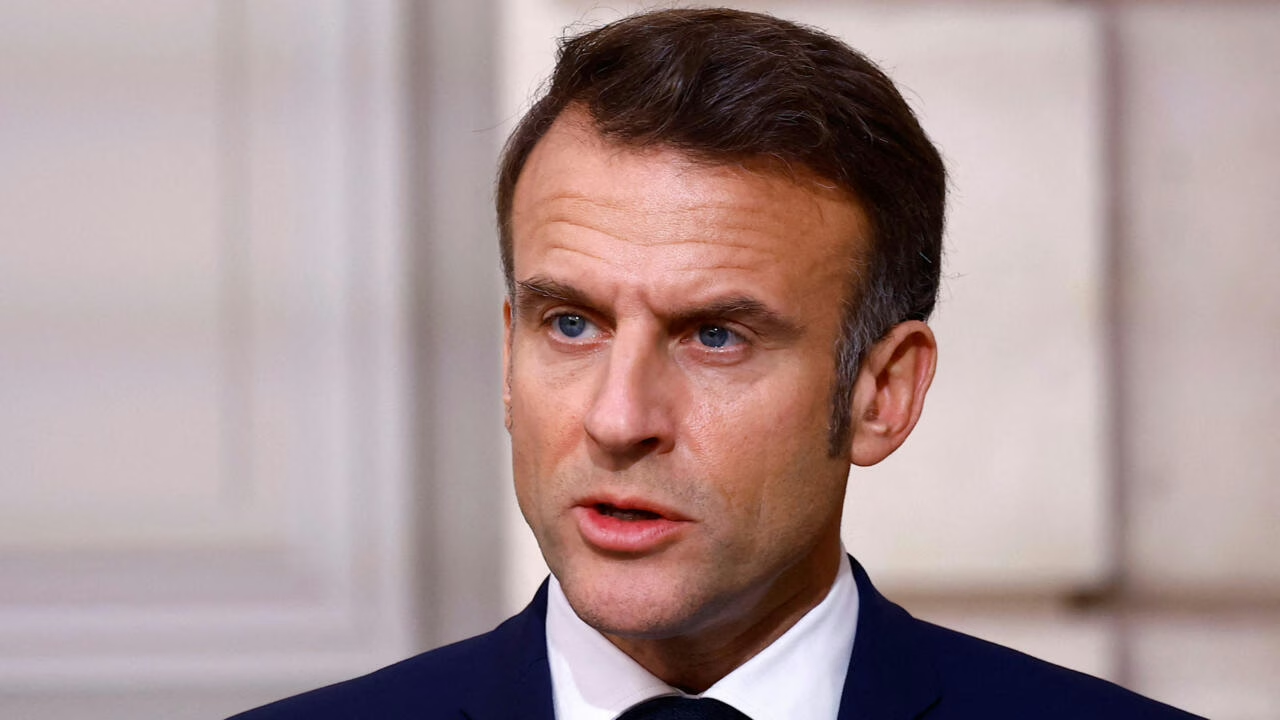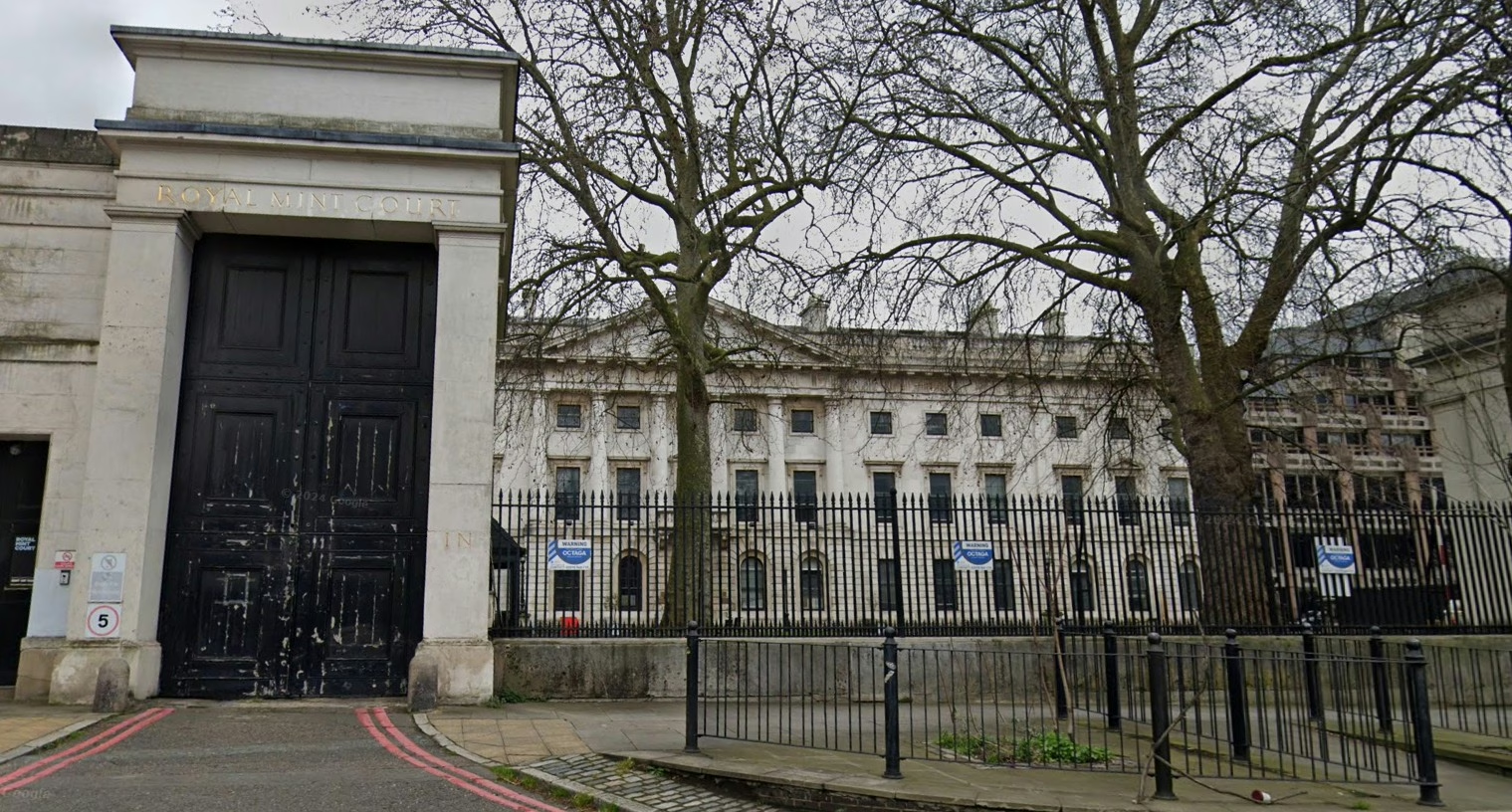In an unprecedented move, the UK Coastguard today issued an urgent plea for fishing vessels to assist in rescuing a stranded yacht and several kayaks in the English Channel, as all Border Force vessels and lifeboats were tied up saving migrants from approximately 15 small boats. The distress call, broadcast over radio, bought the Coastguard time to address the yacht and kayaks later. Authorities estimate today’s migrant crossings could surpass the 2025 single-day record of 828 set earlier this month, marking a potential new high in the ongoing crisis.
Global Coastguard Struggles
This incident lays bare the global strain on coastguards grappling with migrant rescues. From the Mediterranean to the Caribbean, overstretched services often rely on civilian vessels, such as fishing boats, to assist in high-risk operations. Lacking proper training or equipment, these vessels highlight the fragility of rescue systems amid escalating migration challenges.
Contentious Migrant Rescue Policies
Migrant rescue policies remain a lightning rod for debate. The UK’s controversial “Rwanda Plan” – which aims to deport illegal migrants to Rwanda for asylum processing to deter crossings – has been stalled by legal challenges and human rights concerns, failing to ease the burden on the Coastguard. UK-France joint efforts to intercept boats in the Channel have faltered, with France accusing the UK of shirking responsibility and the UK pointing fingers at France for not stopping boats at source.
Across Europe, the EU’s funding of Libya’s coastguard to intercept Mediterranean migrant boats has drawn fire from human rights groups, who accuse it of brutal tactics leading to capsized vessels and forced returns to unsafe regions, breaching the “non-refoulement” principle. Uneven responsibility-sharing within the EU leaves frontline nations like Italy and Spain overwhelmed, with rescue resources stretched thin. In the Caribbean, the US Coast Guard often repatriates Haitian migrants due to restrictive policies, sparking humanitarian outcry. These policy failures force coastguards to resort to ad-hoc measures like enlisting civilian boats, exposing systemic flaws.
Maritime Law Challenges
Under the United Nations Convention on the Law of the Sea (UNCLOS) and the Safety of Life at Sea (SOLAS) Convention, all vessels are duty-bound to rescue those in distress at sea. However, civilian fishing boats face significant hurdles: untrained crews, inadequate equipment, and the risk of endangering their own vessels during large-scale rescues. Failed operations could expose skippers or governments to legal liability. Maritime law offers little clarity on post-rescue migrant processing, with nations disagreeing on what constitutes a “safe place” for disembarkation. This often leaves migrants stranded at sea or sent to substandard detention centres, violating human rights obligations. Multi-nation rescue operations further complicate matters, frequently sparking diplomatic rows over responsibility.
Impact of Illegal Migration
Illegal migration profoundly impacts the UK and beyond. In the UK, it strains public services, including healthcare, housing, and welfare systems. Government figures show asylum processing costs reached billions of pounds in 2023, fuelling taxpayer frustration. The influx intensifies competition for low-skilled jobs, potentially depressing wages and affecting local workers. Smuggling and human trafficking networks thrive on illegal migration, posing a growing threat to border security.
Socially, illegal migration polarises opinion. Some view migrants as enriching cultural diversity and economic vitality, while others fear challenges to social cohesion and rising crime. Public discourse is sharply divided, with critics slamming the Coastguard’s reliance on fishing boats as evidence of government failure, while others urge greater humanitarian focus over punitive measures. These debates often lack evidence, driven by raw emotion.
Calls for Policy Reform
Experts urge sweeping reforms to migrant policies. A unified international rescue and resettlement framework is needed to clarify state responsibilities and ease pressure on frontline nations. Increased investment in professional rescue vessels and coastguard training could reduce reliance on civilian boats. Stronger global cooperation to dismantle trafficking networks would tackle migration at its root, rather than relying on sea interceptions. Yet, reforms face steep political hurdles, with rising anti-immigration sentiment in the UK and fractured interests within the EU stalling progress.
Looking Ahead
Today’s crisis underscores the structural failings of migrant rescue systems. As climate change and regional conflicts drive global migration, coastguard pressures will only mount. The UK government has yet to issue a formal statement on today’s events, with rescue outcomes still pending. Long-term, dependence on fishing boats is no solution. Coordinated international policies balancing humanitarian rescue with robust border management are critical to prevent recurring crises.
Discover more from “Bridging Hongkongers. Reporting Truth.”
Subscribe to get the latest posts sent to your email.




